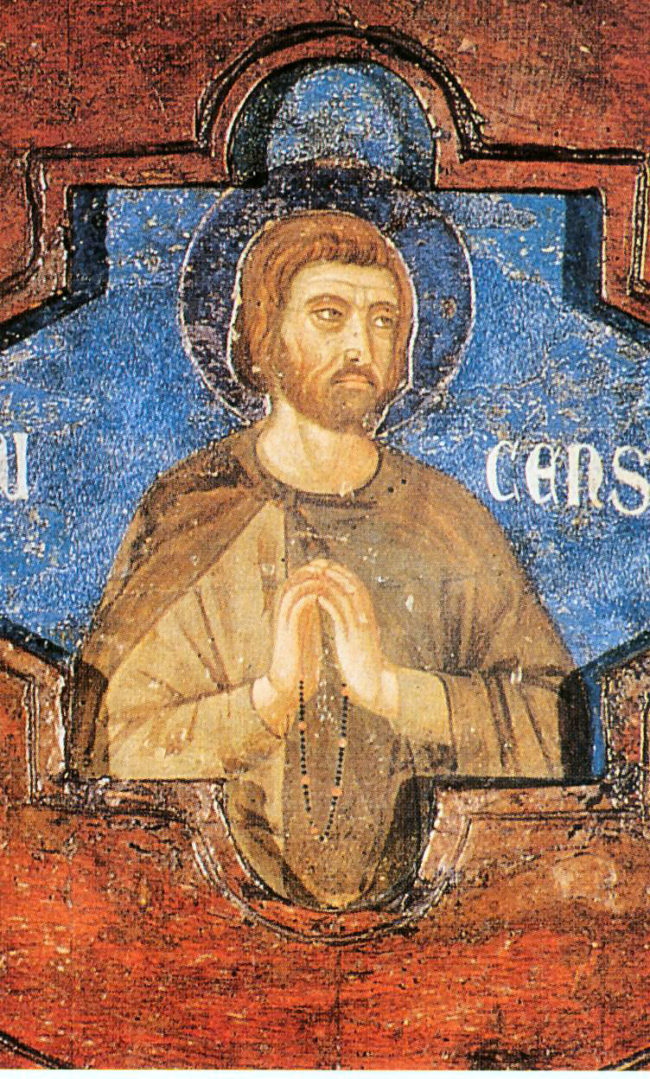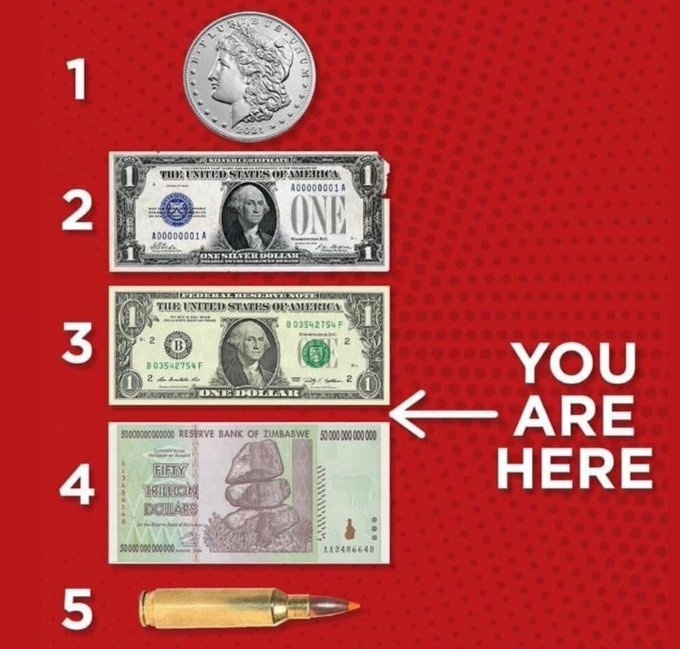https://lionessofjudah.substack.com/p/dr-yeadon-im-formally-confident-that
Blessed Luchesio Modestini
Today we remember Blessed Luchesio Modestini, the first Franciscan tertiary. All tertiaries may obtain a plenary indulgence by renewing their profession/novitiate and fulfilling the other conditions required for a plenary indulgence.

Lending Money without Interest
Lending Money without Interest is taken from Volume XXXIII (1908) of The American Catholic Quarterly Review.




